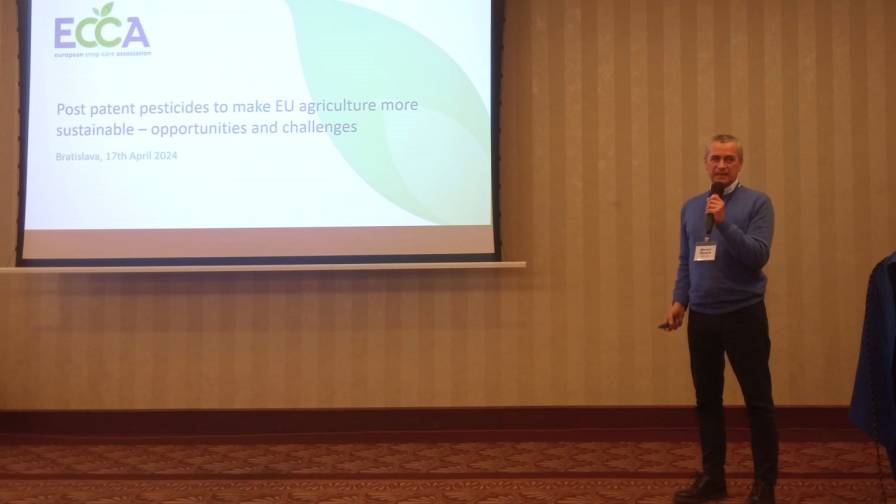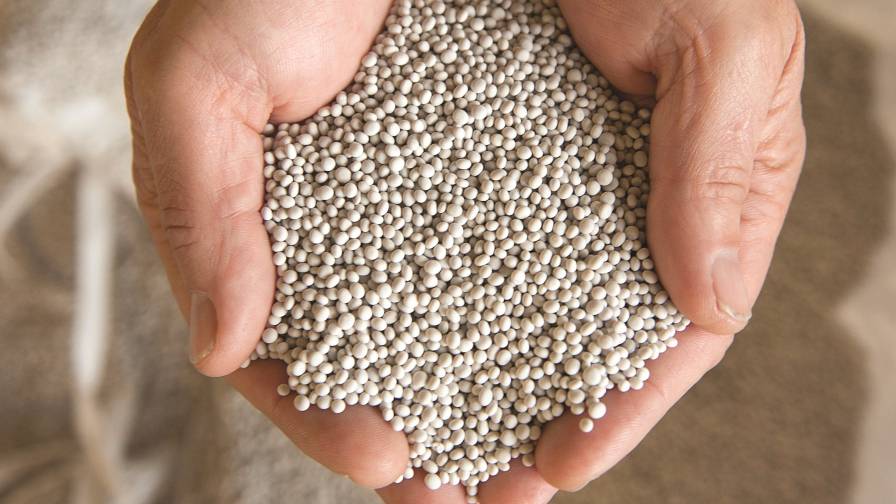India Moves to Ban 27 Pesticides
India’s government this week moved to ban 27 pesticides, including key products like mancozeb, 2,4-D, and chlorpyrifos, prompting swift backlash from the country’s crop protection industry.
The Ministry of Agriculture and Farmers Welfare issued a draft order on Monday outlining the pesticides set to be prohibited from manufacturing, sale, and import, which it said are “likely to involve risk to human beings and animals.” The Ministry has given 45 days for the industry and manufacturers to file objections to the ban.
Pradip Dave, President of the Pesticides Manufacturers & Formulators Association of India (PMFAI), expressed shock at the order, saying that PMFAI “will be making a presentation to the Ministry and asking the court for relief.”
“Timing of the (order) is precarious in nature given the uncertainty and preoccupation with the COVID-19 crisis in the country. Without any findings being disclosed to the industry, the ban imposed is both shocking and unfair,” Dave told AgriBusiness Global, adding, “Further, it is contradictory to the spirit of ‘Atmanirbhar’ and Make in India, which the government has been speaking about.
“These generic products which have been banned have a market size of Rs 40-50 billion and have been used for the last three to four decades by Indian farmers without any complaints, unless misused,” Dave explained. “Prices of replacement products are almost three to six times higher than existing prices of Indian products. This will be added burden on the Indian farmers,” he said, noting that many organophosphorus compounds can cost Rs 500/liter, which would need to be swapped for far more expensive imports.
Indian manufacturers had been supplying Rs 35 billion worth of the products to the domestic market, with the balance being exported. Most local manufacturers that may now not be able to sell in the domestic market, already have or can yet obtain export registrations, and can continue exporting.
“The bans are not going to result in any incremental investment by (multinational corporations) in India. Even for products that are currently not being manufactured by the Indian companies, were the MNCs to get product registration for the same, the government will have to issue such registrations to the Indians too, and they will be far more cost-competitive versus their counterparts,” Dave explained.
The Indian government’s Anupam Verma Committee, which was set up in 2013 to review the use of 66 pesticides that have been barred or restricted in other countries, banned 18 pesticides in 2018. In addition to the 27 shortlisted this week, “another six pesticides are under review while the remaining 15 have been found to be safe for use as of now,” said an unnamed Agriculture Ministry official quoted by The Economic Times.
India is the largest manufacture of mancozeb (500,000 MTPA) and choloropyrifos for both the domestic and international markets, Dave said.







